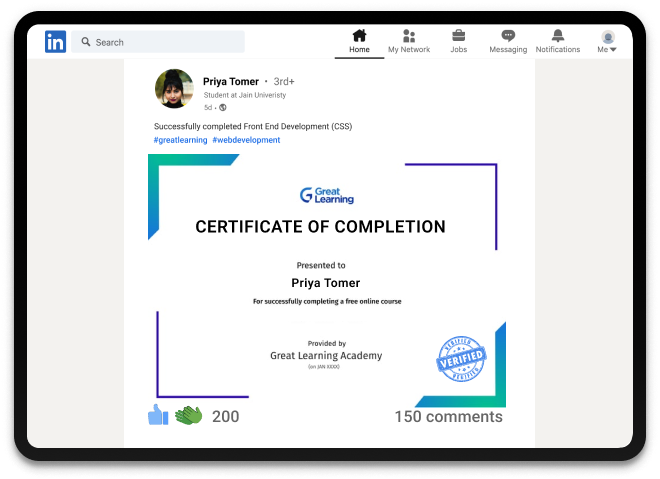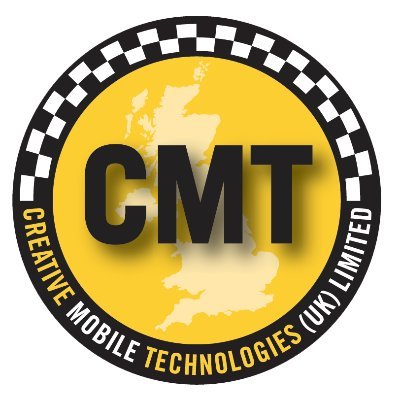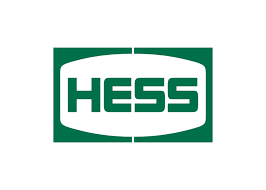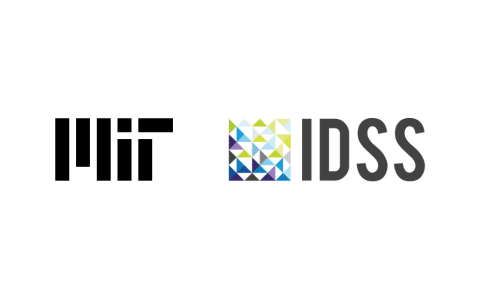Marketing and Retail Analytics
Learn marketing & retail analytics from basics in this free online training. Marketing & retail analytics course is taught hands-on by experts. Learn about the cluster analysis and k means segmentation in details with example.
What you learn in Marketing and Retail Analytics ?
About this Free Certificate Course
Marketing and Retail analytics is the process of measuring, managing, and analyzing marketing performance to maximize effectiveness and optimize investment return. This supports the business to improve its operations and customer experience by providing a 360-degree view of the customer's needs. The free marketing and retail analytics course will help you anticipate demand and other significant trends that generate more revenue for the business. This beginner course explains some basic terminologies used in marketing and discusses the application of analytics in retail. You will also learn RFM, a data modeling approach to analyze customer value used in marketing techniques to gather factors like purchase recency, frequency, and amount spent on a purchase. This basic marketing and retail analytics course can help you uncover more substantial business insights and customer needs.
Find out recent trends in customer behavior by taking up a free marketing analytics course for your level.
Great Learning offers multiple data science courses that make you proficient in Data Science to excel in your career. Enroll in the Best Data Science course and earn a Postgraduate degree online. The course is designed in collaboration with the University of Texas at Austin. You will also receive career mentorship services along with the program to help you elevate your corporate journey.
Course Outline
Our course instructor

Prof. Raghavshyam Ramamurthy
Industry Expert in Visualization
With this course, you get
Free lifetime access
Learn anytime, anywhere
Completion Certificate
Stand out to your professional network
3.0 Hours
of self-paced video lectures
Frequently Asked Questions
What is Marketing Analytics?
Marketing Analytics includes technologies and processes, through which marketers can gauge the achievement of their marketing initiatives. It gathers information from various marketing channels and combines it into a common marketing view. Through this, one can excerpt analytical results that can provide vital assistance in driving the marketing efforts forward. It is the practice of managing and understanding metrics data in order to determine the ROI of marketing efforts likewise- channel performance, calls-to-action (CTAs), blog posts, and so on thereby identifying opportunities for improvement. It measures, manages, and analyzes marketing performance not only to maximize its effectiveness but also allows the marketers to create an optimized return on investment (ROI).
This process uses important business metrics, viz. marketing attribution, various tools, use of data that can help you make better decisions, get more insights, learn more trends thus impact overall marketing effectiveness. It also helps to analyze ‘How our marketing strategies are performing today?’, ‘How do our marketing activities compare with our competitors?’, ‘What should we do next?’, ‘What can we do to improve them?’ and so on.
Marketing Analytics thus plays a pivotal role by helping marketers take informed decisions by identifying the target audience and their thought process. It can also lead to improved lead nurturing and management, which in turn helps to grow more revenue and larger productivity.
What is Retail Analytics?
Retailers in the current times are facing multiple challenges, viz. declining sales, aggressive competition from online stores, changing consumer likings, and so on. But the reason why a few retailers are overcoming this situation and heading towards winning is due to the knowledge of ‘Retail Analytics’
So, what is Retail Analytics- It’s the art of running a business into science by gathering sales data, identifying trends, and presenting them in an easy-to-read format. It is the process of using data to provide insights and help make decisions on key retail functions (demand forecasting, procurement, logistics and warehousing, category management, pricing, and promotions). These will help in making better business decisions. It is the use of data to measure the performance of a retail operation and is useful for aspects of inventory management, accounting, cash flow management, employee scheduling, and much more.
Data here plays an important role in setting up the realistic goal for a retail store and can help you respond to changes in customer behavior.
How can you track retail sales?
Retail sales can be tracked by understanding which campaigns or strategies drive the most sales for a retail store. This can lead to your success and reduce mistakes.
As we are surrounded by competitors who aim for a bigger slice of sales or market share, here are few metrics that can be followed to track retail sales:
- Footfalls- The basic metric that every retailer should track is to keep track of the number of visitors each day. This can be performed using people counters and retail analytics software. Footfalls will provide the perception of what’s working, what needs to be improvised, whether it’s a shopping season, new store location, display window design or any loyalty program that was launched recently.
- Conversion Rate- It’s crucial to analyze the factors that influence a visitor’s purchase decision. This will help to understand how much percentage of visitors actually make a purchase and how much percentage of people can be influenced to buy. One can also evaluate whether the store layout, promotions, discounts and product ranges are in line with what customers are expecting.
- Average basket size and Average ticket size -Average basket size refers to the number of items that get sold in a single purchase, while Average ticket size is the quantity of money that every buyer spends on average per visit.
- Customer Retention- This tells you the number of customers that return to the store.
Your customer retention rate tells you the number of customers that return to your store that lets you know the loyalty of the customer, product performance and customer service. To retain customers, it depends on how well you manage your customer relationships. This could be done by tracking down customer’s purchases, offering them recommendations and providing a good loyalty program for them to happily come back!
- Measure Year- on- Year Growth- Measuring current results against the previous year, is one of the best ways for tracking a company’s progress.
- Sales Per Square Foot & Sales Per Employee-
Measuring these metrics allows one to identify revenue generated per square foot of sales space in a store and on the other hand, gives a snapshot of the sales associate’s performance. Thereby enabling you to make swift adjustments to the overall performance.
How is Business Analytics used in marketing?
In today’s marketplace, Business Analytics is a powerful tool and has become an integral part of the business world! It is becoming a competitive edge for organizations. It helps in revealing vital statistics about consumer behavior and market trends. It improves corporate marketing campaigns by helping organizations to understand their customers better and narrow their target audience. Through this process, it can collect information from different channels and provide a holistic view of the customers. It can also capture data from various sources and convert it into a format for analysis and visualization.
Business Analytics is useful in the following areas:
- Market Segmentation :Through this, organizations can focus on relevant markets, identify a niche market and thereby utilize company resources with higher productivity.
- Marketing Mix Optimization :This method highlights all possible combinations of the marketing mix and is used for the statistical analysis of various advertising and marketing efforts executed on products performance in the market.
- Competitor Analysis : It’s a process of analyzing business strategies and identifying their strength and weakness, tactics, areas of improvement, hence achieving an edge over the competitors.
- Sales Performance Analysis : Through BA tools, one can evaluate the performance of their sales team, identify the areas which need alterations, regulate facts and help raise the performance bar of the team.
- Sales Pipeline Analysis : This process will help detect any gaps in the sales process.
- Campaign Analysis : It helps to evaluate, test and analyse each campaign’s (pre & post) performance.
How can Retailers use Data Analytics?
For retailers, data is both their biggest asset and biggest challenge. It’s the key to understanding and engaging with their consumers. It lets them efficiently and effectively plan their product to sore at the hyper-local level. At the store level, data is at the core of effective store optimization and when it comes to supply chain management, data needs visibility and flexibility at the global level. Retailers competing with low margins have known for decades that data is a powerful tool and big data takes it and supercharges it for the modern retail environment. Data can also unlock hidden values and many other functions as well viz. Risk Management helps retailers to use their existing data and to improve the bottom line.
Success stories
Can Great Learning Academy courses help your career? Our learners tell us how.And thousands more such success stories..
Related Data Science Courses
Popular Upskilling Programs
Explore new and trending free online courses
Relevant Career Paths >
Other Data Science tutorials for you
Marketing and Retail Analytics Course
Marketing and retail analytics refer to the process of collecting and analyzing data to better understand customer behavior, market trends, and sales performance. This information can then be used to make informed business decisions and improve overall marketing and retail strategies.
Marketing and retail analytics can be applied in a variety of ways, including customer segmentation, market research, product development, and pricing strategy. For example, customer segmentation can be used to group customers based on their behavior, preferences, and purchasing patterns. This information can then be used to create targeted marketing campaigns and improve customer experience.
The benefits of using marketing and retail analytics are numerous. By using data to make informed business decisions, organizations can improve their overall marketing and retail strategies and increase customer engagement and loyalty. Additionally, marketing and retail analytics can help organizations to identify areas for improvement, such as product development and pricing strategy, and to optimize their overall operations for maximum efficiency and profitability.
In the context of retail, marketing and retail analytics can be used to track and analyze sales data, customer behavior, and market trends. This information can be used to identify the most popular products, understand customer preferences and purchasing patterns, and optimize pricing strategies. By using marketing and retail analytics, retail organizations can improve their sales and increase customer engagement and loyalty.
In conclusion, marketing and retail analytics is a powerful tool for organizations looking to improve their overall marketing and retail strategies. By collecting and analyzing data, organizations can make informed business decisions and improve customer engagement and loyalty. Whether you are just starting out with marketing and retail analytics or looking to take your organization to the next level, the benefits of this technology are clear.




















































